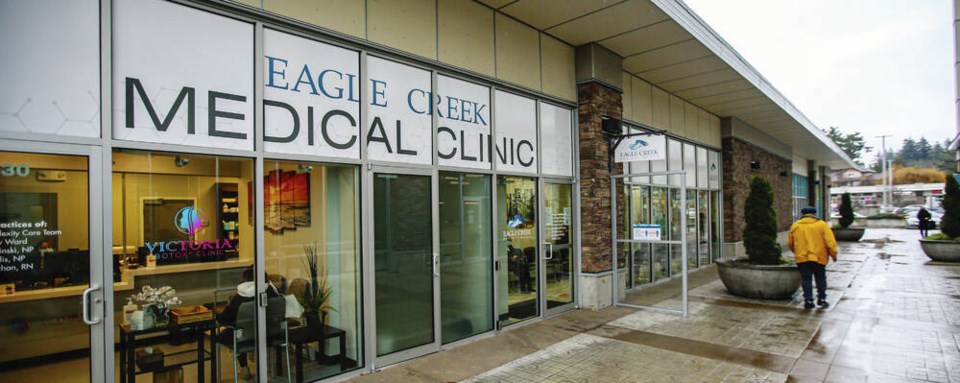We have been living with a doctor shortage for a while now. New stories of clinics closing due to doctors retiring or choosing to leave have brought it back to the forefront.
I am not sure what the solution is, and I am certain that there is no easy answer. I have spoken with friends and acquaintances who have lived in Greater Victoria their entire lives and don’t have a family doctor.
I have been here for 20 years and only secured a family doctor a few years ago. Before that, I would depend on walk-in clinics and sometimes the ER.
Right before I found a doctor, I had been diagnosed with a large tumour and the medical professional I was seeing told me it was cancer and that I needed to prepare for chemotherapy. I needed a chest X-ray to make sure my cancer hadn’t spread, and to go see a surgeon.
I received this news before I had a biopsy. I’d never been in this situation before and was not aware of what the proper order of events was.
It took three months and three biopsies to rule out cancer. I still required major surgery to remove the tumour and repair the damage to my body that it had caused. It was a traumatic and scary time for me.
I knew I needed a family doctor, and hoped to find someone I could trust, to help me through the process. A friend shared with me that her doctor was accepting patients, so I called the clinic.
The receptionist told me that they were full and not accepting new patients.
My heart sank.
“I know you can’t help me, but can you please listen to my story?” I said.
She agreed and then offered to send an email to all the doctors at the practice with my story to see if someone might be willing to take me on.
I think it was a couple weeks later that I heard back from the clinic that a doctor had agreed to take me on as a patient.
My doctor helped me through my surgery and recovery, and through a variety of other issues over the years. I am forever grateful to their generosity.
When you have a doctor who knows you and your history, it increases the level of care. When you have a doctor that you trust, you are more likely to bring things up that otherwise might be left unchecked.
I know of an emergency-room doctor who provides a card with an email address to patients so they can follow up with questions if needed. They explained to me that they do this because so many people are using the ER for medical assistance because they don’t have family doctors.
Our doctors are maxed out and they are providing care to numerous people in need. When we are frustrated with the doctor shortage, we need to make sure that we are not taking out our frustrations on doctors themselves.
Doctors in our region do care about people and are doing great work. With not enough doctors, we need to collectively ask ourselves what we can do as a society to encourage folks to enter the field, how can we show our doctors more respect so others will want to enter the field, and to listen to practising doctors on what they think should be done to better support doctors and other medical professionals.




